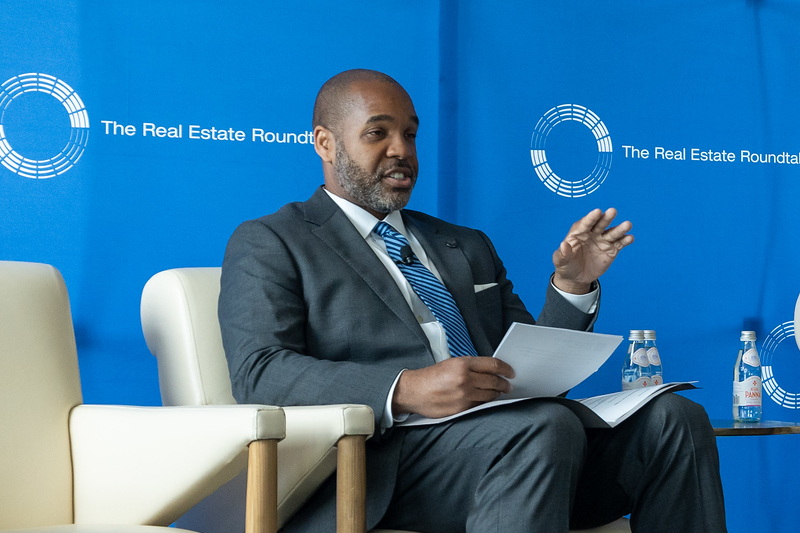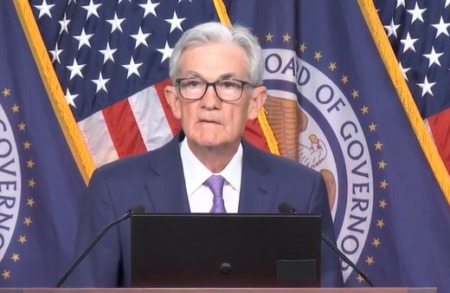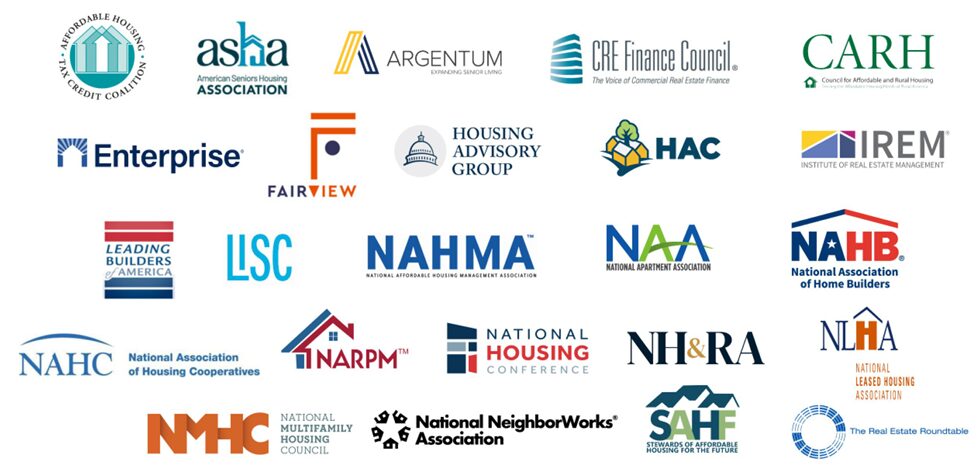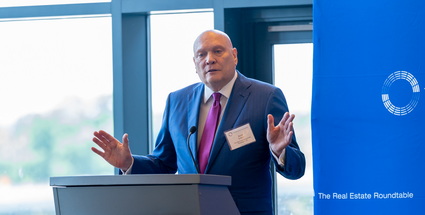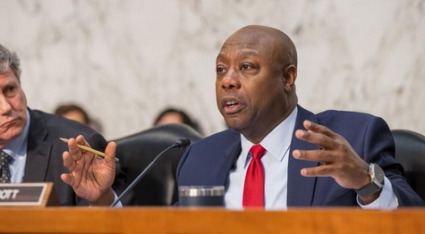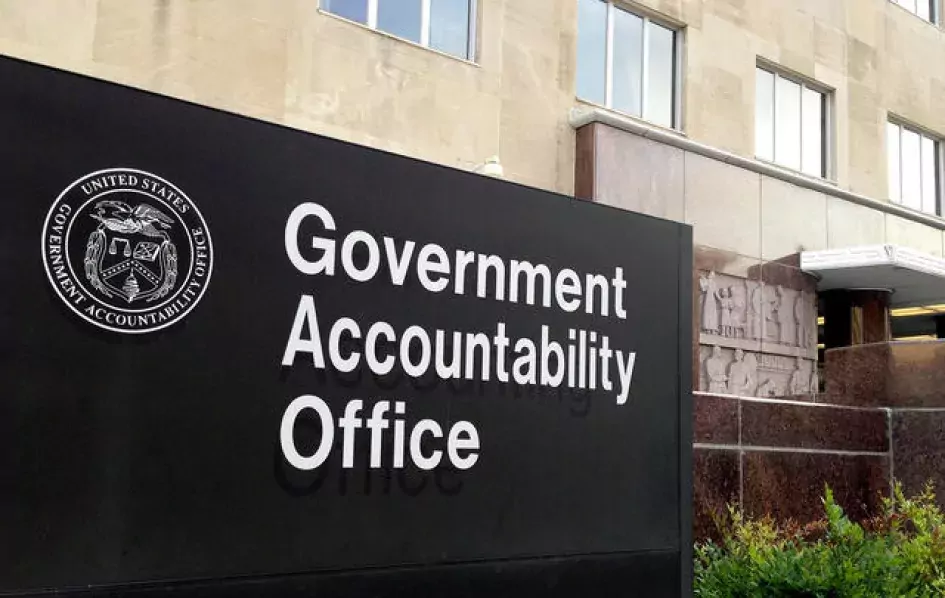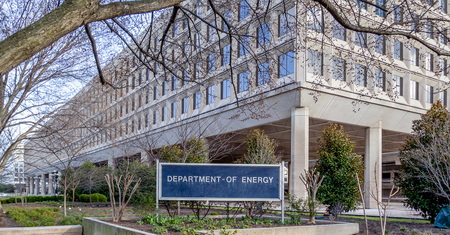
This week, the IRS and Treasury Department announced a multistage regulatory initiative aimed at regulating certain partnership transactions that shift the tax basis of assets and generate additional depreciation deductions, reduce taxable gains, or increase deductible losses. (IRS-Treasury Press Release, June 17)
Guidance Package

- In Notice 2024-54, Treasury and the IRS indicated they intend to issue proposed regulations governing certain transactions that affect the basis of property held by a partnership or distributed by a partnership. The guidance will focus on partnerships that involve related parties or tax-indifferent parties.
- Related parties could include family members, corporations and their shareholders, and other entities and businesses with common or overlapping ownership. It is unclear from the guidance where the administration believes the targeted abuses generating inappropriate tax benefits are most likely to arise (e.g., corporate mergers, family offices, real estate, etc.).
- The rules will apply to cost recovery deductions and gain/loss calculations for tax years ending after June 17, 2024, thus covering deductions, gains, or losses attributable to transactions completed in prior years.
Roundtable Concerns
- A principal concern voiced at this week’s RER Tax Policy Advisory Committee meeting is related to the broad scope of the new rules. Rather than focusing specifically on identifiable, abusive transactions, Notice 2024-54 states that the forthcoming regulations will provide “mechanical rules applicable to all covered transactions without regard to the taxpayer’s intent and without regard to whether the transactions could be abusive or lacking in economic substance.”
- Moreover, the Notice states that the regulations will only apply if the transaction results in a basis increase for the relevant property. “If, and to the extent, property has been allocated a basis decrease, the proposed rules would not apply.”
- The new rules thus apply to a transaction regardless of whether the transaction is abusive or lacking in economic substance, but only if they result in a negative outcome for the taxpayer. If the same mechanical rules would generate a positive result for another taxpayer, they are disregarded. In sum: Heads, IRS wins; tails, taxpayer loses.
Additional Developments:
Other elements of the regulatory initiative include:
- Proposed regulations (REG-124593-23) identifying some partnership-related-party basis adjustment transactions as transactions of interest and requiring disclosures by participants and material advisers.
- Revenue Ruling 2024-14 notifying taxpayers that it will apply the codified economic substance doctrine to challenge certain basis-shifting transactions.
- The IRS Office of Chief Counsel also announced the formation of a new associate office focused exclusively on partnerships, S corporations, trusts, and estates. (TaxNotes, June 17)
The Roundtable’s Tax Policy Advisory Committee will continue its discussion of the partnership basis-shifting issue and how best to respond on its next TPAC Zoom meeting.


